Venezuela, located on the northern coast of South America, is a country of stunning natural beauty, rich cultural heritage, and complex socio-political dynamics. From its diverse landscapes, including the Andes Mountains, the Caribbean coast, and the vast Orinoco River basin, to its tumultuous history marked by colonialism, independence struggles, and more recent political turmoil, Venezuela offers a multifaceted narrative that demands exploration. In this comprehensive overview, we’ll delve into the essence of Venezuela, covering its geography, history, culture, economy, and current affairs.
Geography:
Venezuela’s geography is incredibly diverse, encompassing coastal plains, mountains, rainforests, and vast expanses of wilderness. The country shares borders with Colombia to the west, Brazil to the south, and Guyana to the east. To the north, Venezuela is bordered by the Caribbean Sea, which provides the country with a stunning coastline featuring beautiful beaches and coral reefs.
The northern coast is characterized by its tropical climate and lush vegetation, while the central region is dominated by the Andes Mountains, which run southwest to northeast through the country. The Andes are home to Venezuela’s highest peak, Pico Bolívar, and offer breathtaking scenery and opportunities for outdoor recreation.
To the south, the landscape transitions into the vast expanse of the Orinoco River basin, one of the largest river systems in South America. This region is covered by dense rainforests and is home to a rich variety of wildlife, including jaguars, anacondas, and hundreds of bird species. The Orinoco River itself is a vital lifeline for Venezuela, providing water for agriculture, transportation, and hydroelectric power generation.
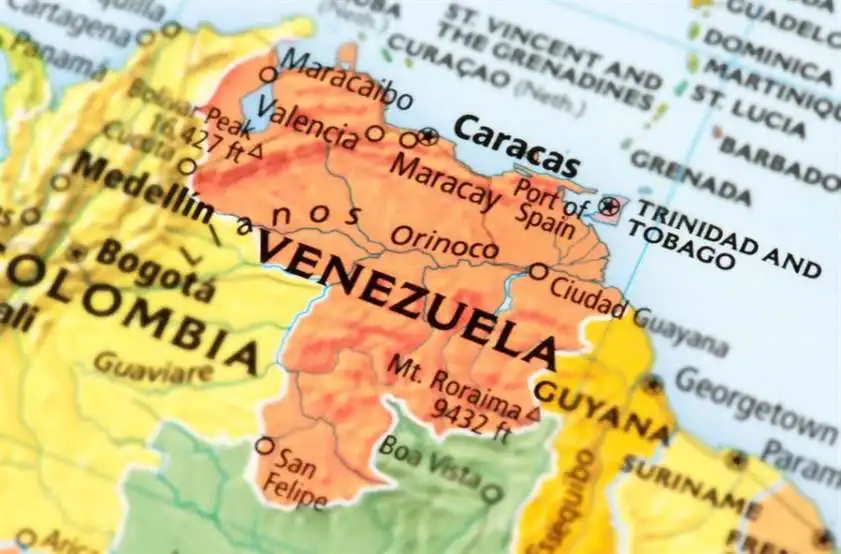
History:
Venezuela’s history is deeply intertwined with the broader narrative of Latin America, from its indigenous roots to its colonial past and struggles for independence. The territory of present-day Venezuela was originally inhabited by indigenous peoples such as the Caribs, Arawaks, and Timoto-Cuicas, who had established complex societies and cultural traditions long before the arrival of Europeans.
In 1498, Christopher Columbus became the first European to set foot in what is now Venezuela during his third voyage to the Americas. This marked the beginning of the Spanish colonization of the region, as expeditions led by Alonso de Ojeda, Amerigo Vespucci, and others explored and claimed the territory for the Spanish Crown.
Venezuela remained under Spanish rule for nearly three centuries, during which time it was known as the Captaincy General of Venezuela, part of the Viceroyalty of New Granada. However, tensions between colonial authorities and local elites, as well as the influence of revolutionary ideas from Europe and North America, eventually led to calls for independence.
Venezuela’s struggle for independence was spearheaded by figures such as Simón Bolívar, Francisco de Miranda, and José Antonio Páez, who led military campaigns against Spanish forces and laid the groundwork for the creation of a new nation. On July 5, 1811, Venezuela declared its independence from Spain, becoming one of the first countries in Latin America to do so.
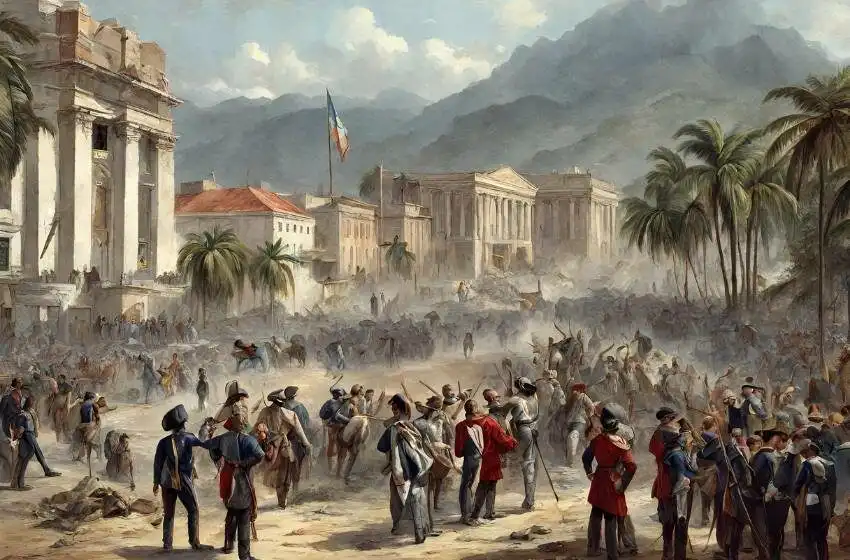
Culture:
Venezuela’s culture is a vibrant tapestry woven from indigenous, African, European, and Caribbean influences, reflecting the country’s diverse heritage and history. Music, dance, art, literature, and cuisine all play a central role in Venezuelan culture, providing a rich and dynamic expression of national identity.
Music is an integral part of Venezuelan culture, with genres such as joropo, salsa, merengue, and gaita enjoying widespread popularity. Traditional instruments such as the cuatro, maracas, and tambora are commonly used in folk music, while orchestras and ensembles perform classical and contemporary compositions.
Dance is also a cherished tradition in Venezuela, with styles such as the joropo, merengue, and salsa being performed at festivals, celebrations, and social gatherings throughout the country. Traditional dances often incorporate elements of indigenous, African, and European culture, reflecting Venezuela’s multicultural heritage.
Venezuelan cuisine is diverse and flavorful, with regional specialties ranging from arepas and empanadas to pabellón criollo and hallacas. Staples such as corn, beans, rice, plantains, and yuca are commonly used in Venezuelan cooking, while seafood, meats, and tropical fruits add variety and depth to the cuisine.
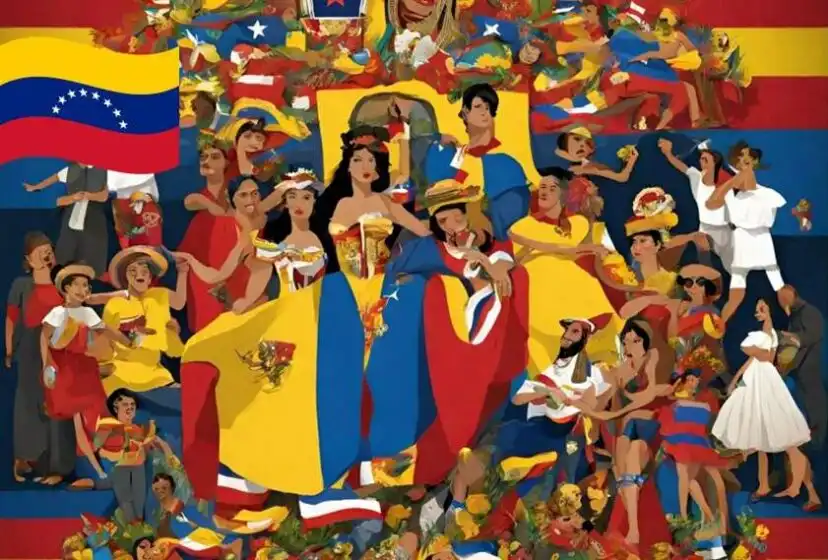
Economy:
Venezuela has a mixed economy with a heavy reliance on oil exports, which account for the majority of the country’s export revenue and government income. Venezuela has one of the largest oil reserves in the world and was once one of the wealthiest countries in Latin America due to its oil wealth.
However, Venezuela’s economy has been plagued by mismanagement, corruption, and economic instability, leading to hyperinflation, shortages of basic goods, and widespread poverty. The decline of Venezuela’s oil industry, coupled with political unrest and international sanctions, has further exacerbated the country’s economic woes.
In recent years, Venezuela has experienced a severe economic crisis, with skyrocketing inflation, a collapsing currency, and a shrinking GDP. The government of President Nicolás Maduro has implemented various measures to address the crisis, including price controls, currency devaluations, and import restrictions, but these efforts have had limited success in stabilizing the economy.
Current Affairs:
Venezuela has been mired in political turmoil in recent years, marked by protests, government crackdowns, and international condemnation. The government of President Nicolás Maduro, who succeeded Hugo Chávez following his death in 2013, has faced widespread criticism for its authoritarian tendencies, human rights abuses, and economic mismanagement.
In 2019, Venezuela plunged into a political crisis when opposition leader Juan Guaidó declared himself interim president, challenging Maduro’s legitimacy and calling for new elections. Guaidó’s declaration was supported by the United States and dozens of other countries, but Maduro retained control of the military and other key institutions, preventing Guaidó from assuming power.
The political stalemate has deepened Venezuela’s economic crisis, exacerbating shortages of food, medicine, and other essential goods. Millions of Venezuelans have fled the country in search of better opportunities and living conditions, creating one of the largest migration crises in Latin American history.
Venezuela’s political and economic instability has also had regional and global implications, affecting neighboring countries and international relations. The United States and other Western powers have imposed sanctions on Venezuela in an effort to pressure the Maduro regime to restore democracy and respect for human rights, while Venezuela has sought support from allies such as Russia, China, and Iran.
UNESCO World Heritage Sites
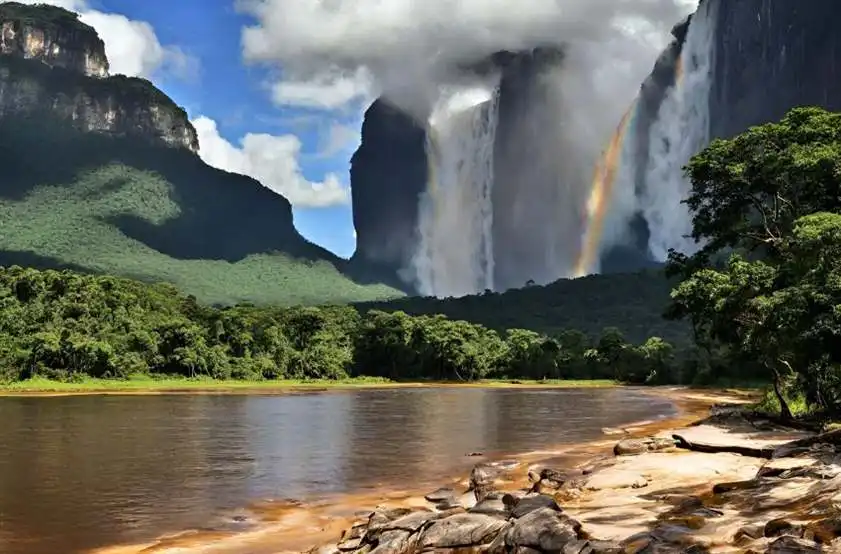
The most striking curiosities that make unique:
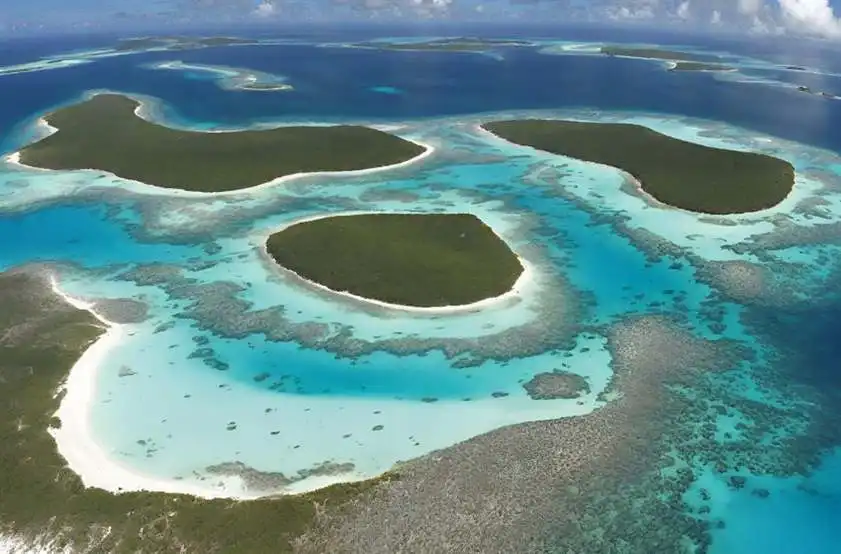
The most touristically renowned places:
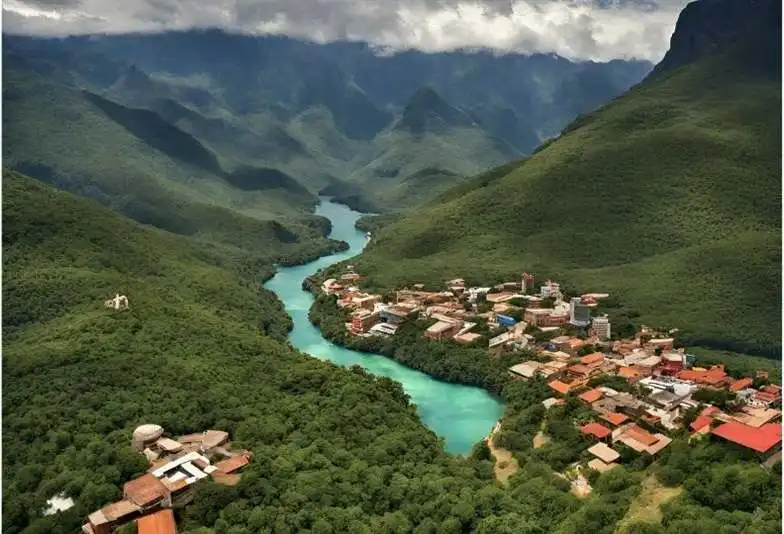
Conclusion:
Venezuela’s story is one of resilience, struggle, and uncertainty, as the country grapples with the challenges of its past and present. Its rich cultural heritage, diverse landscapes, and vibrant people make it a captivating and complex place to explore. As Venezuela navigates its path forward, it faces numerous obstacles and opportunities, from political reform and economic recovery to social justice and national reconciliation. Despite the uncertainties and hardships, Venezuela’s spirit of resilience, creativity, and hope endures, inspiring both its citizens and the world at large.


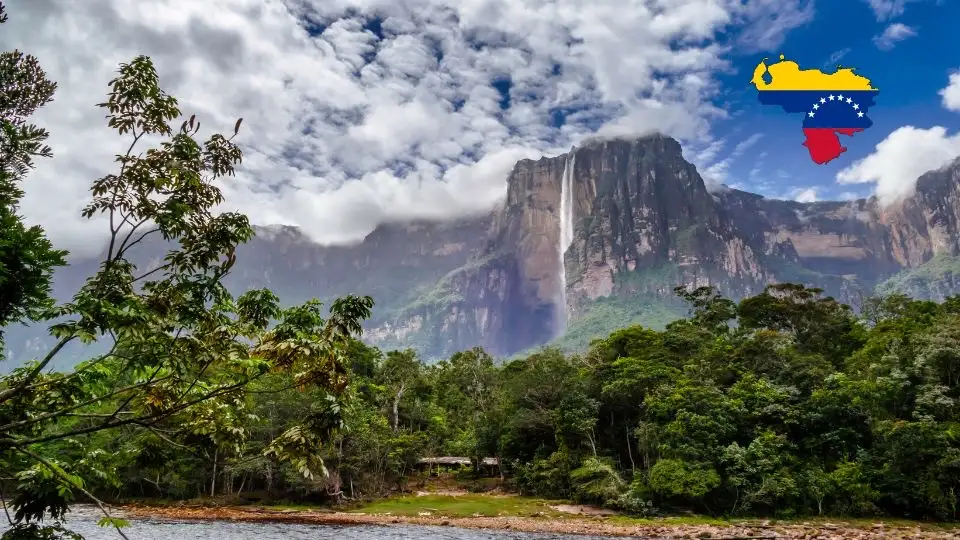
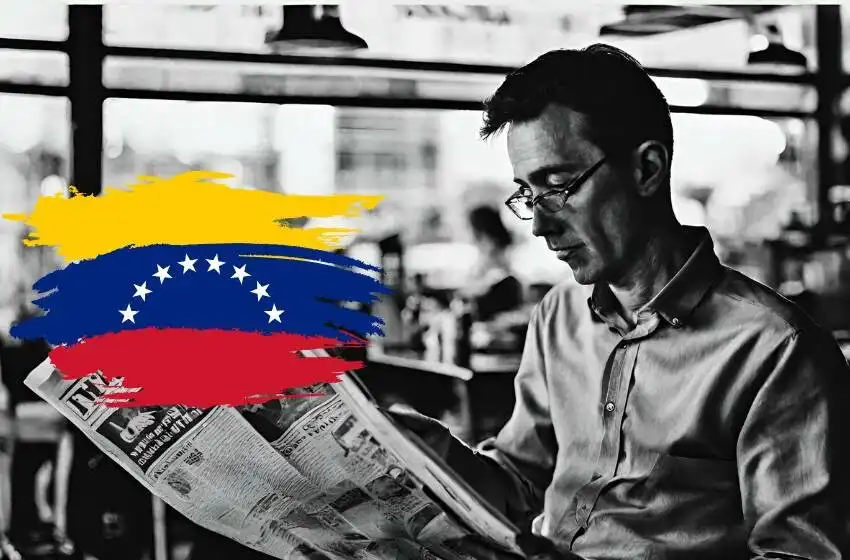
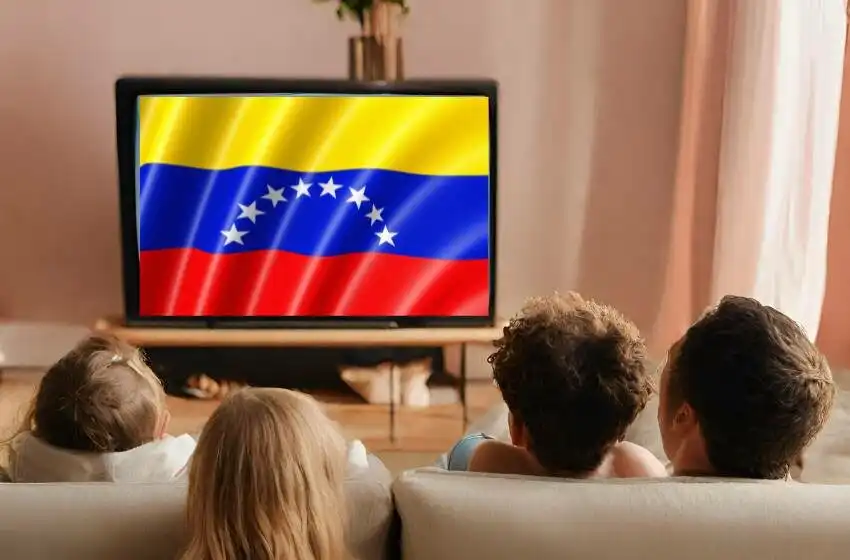
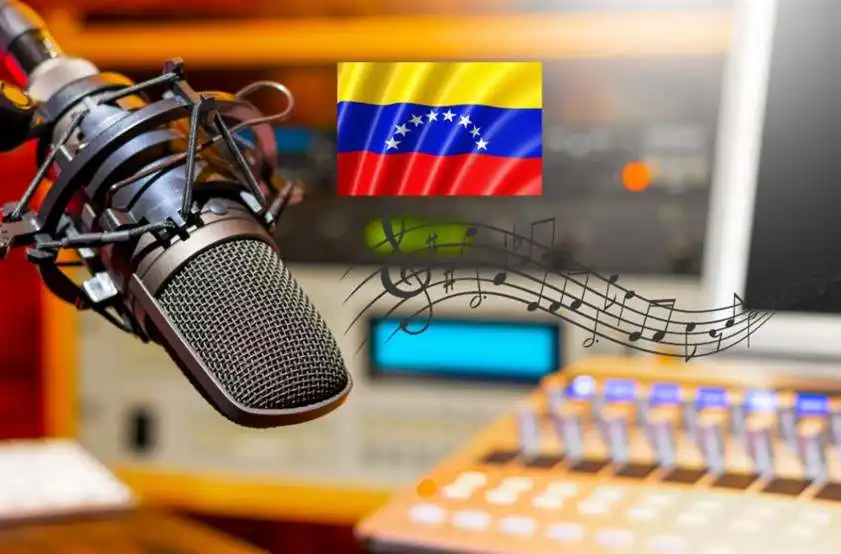
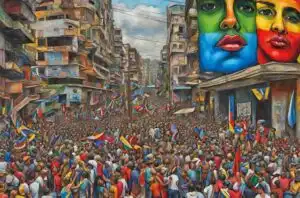
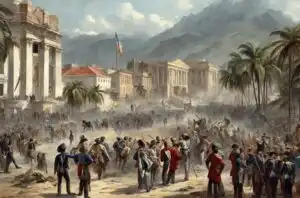
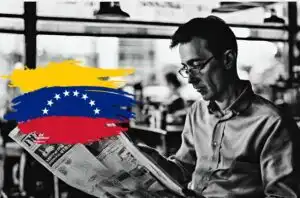
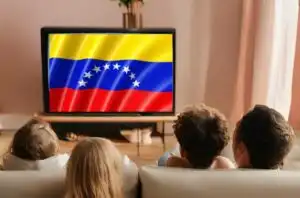
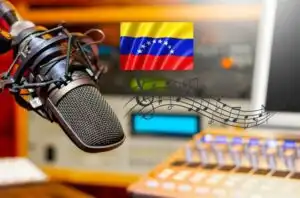
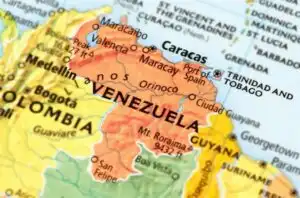
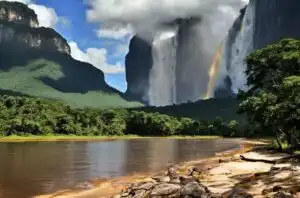
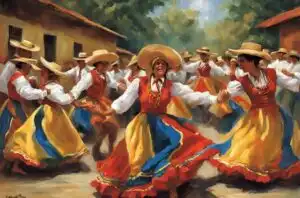
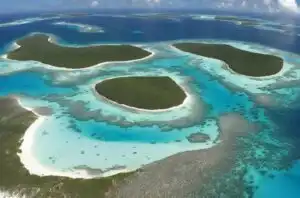
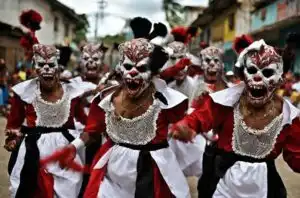
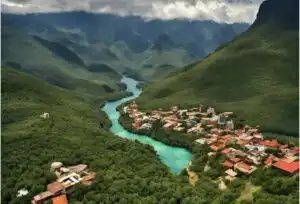
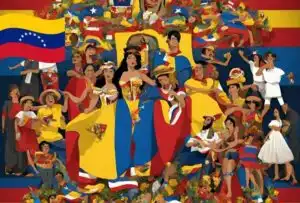
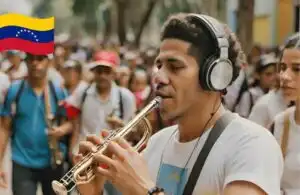
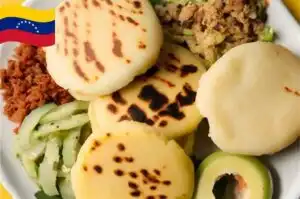
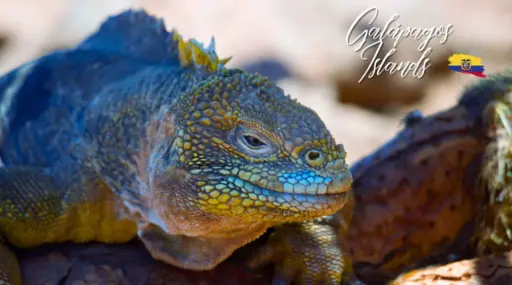
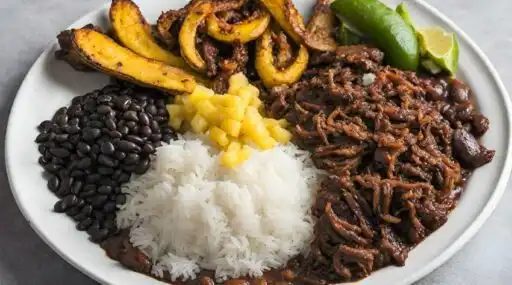
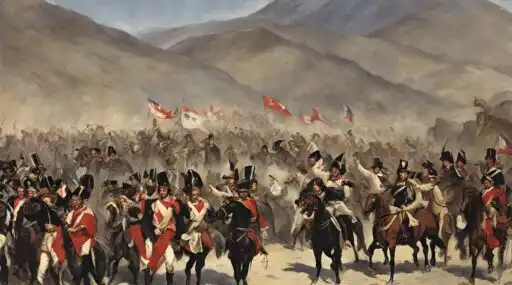
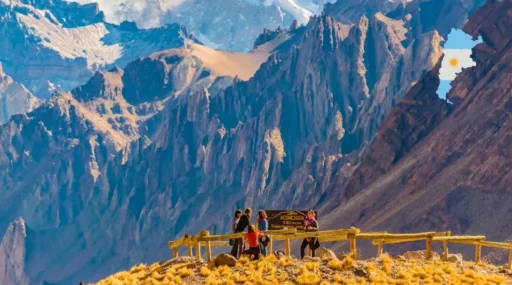
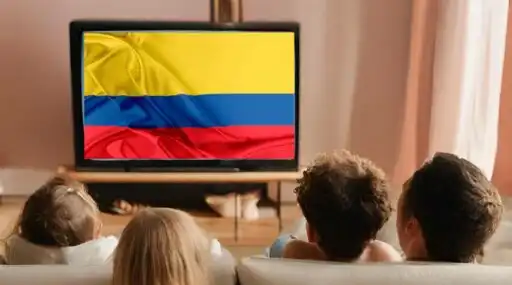
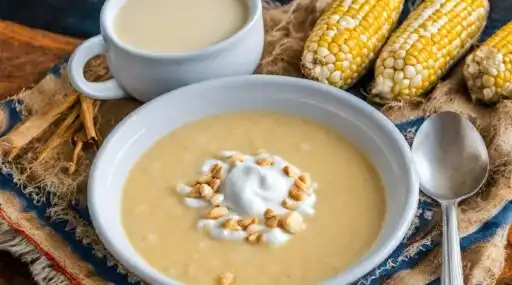
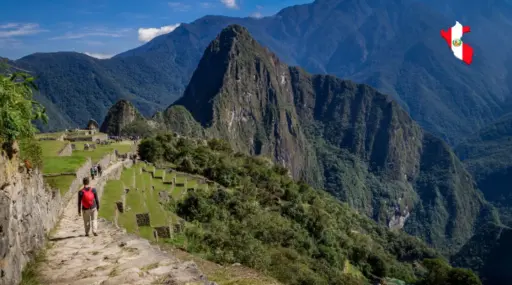

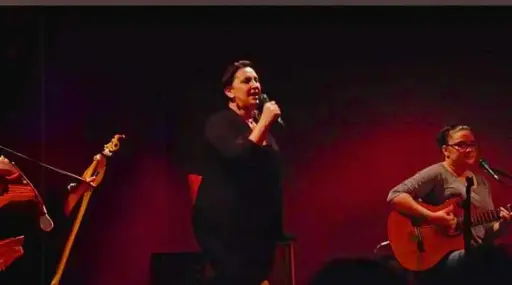
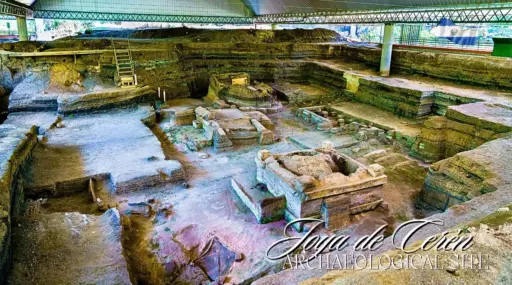
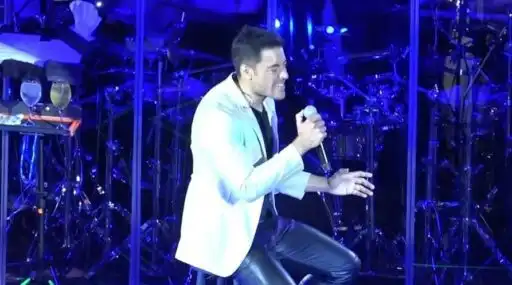
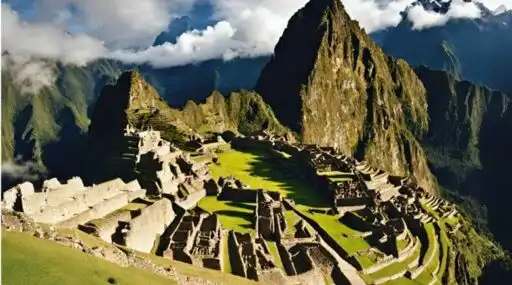
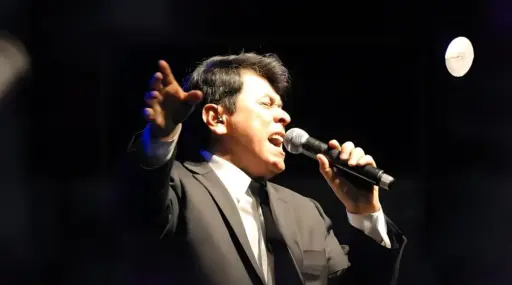
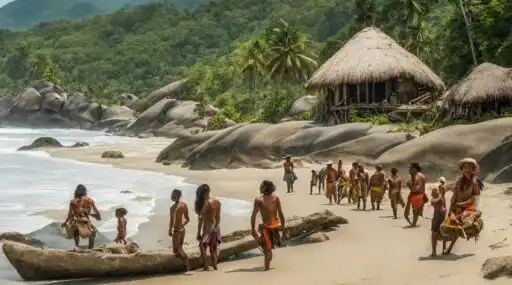
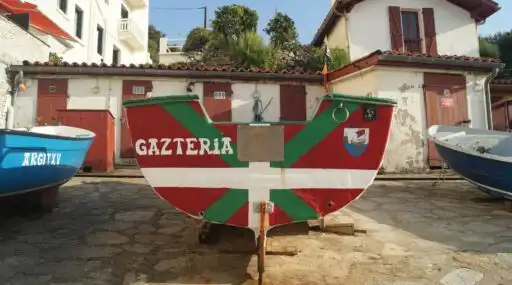
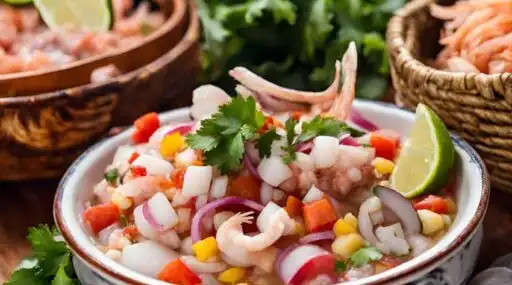
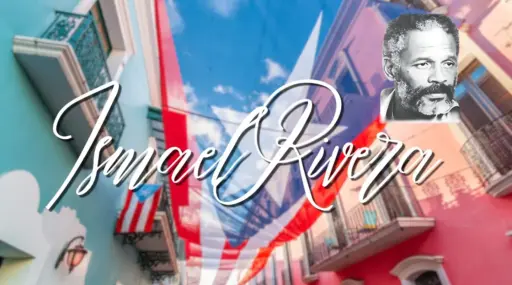
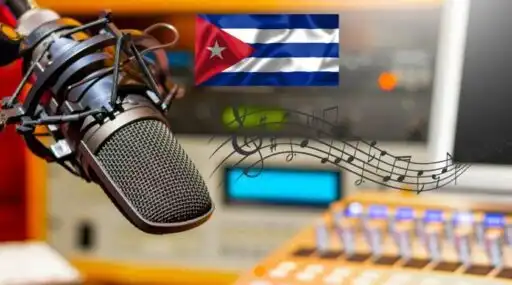

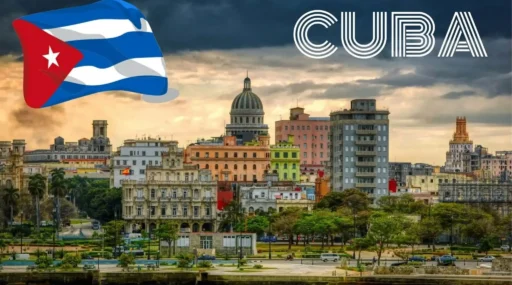
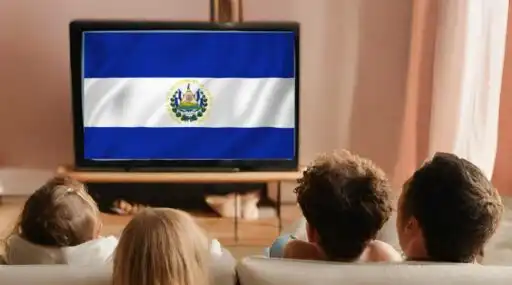
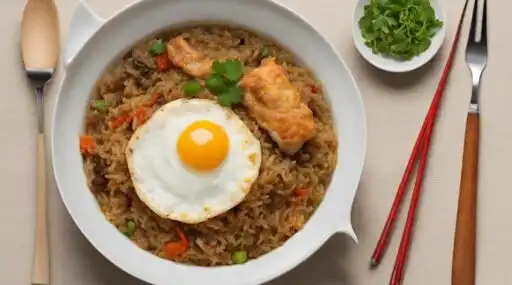
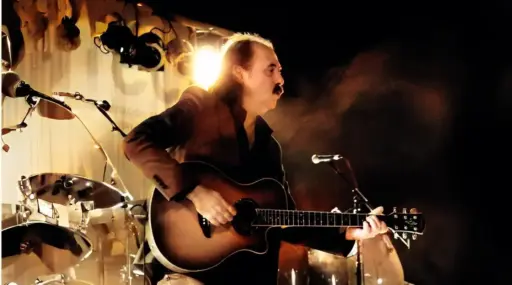
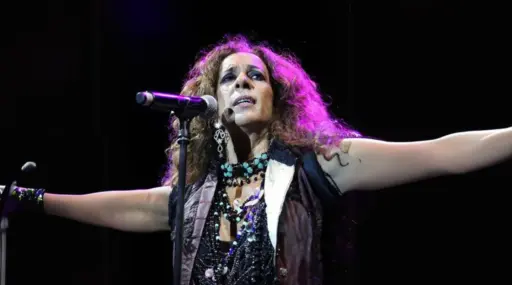

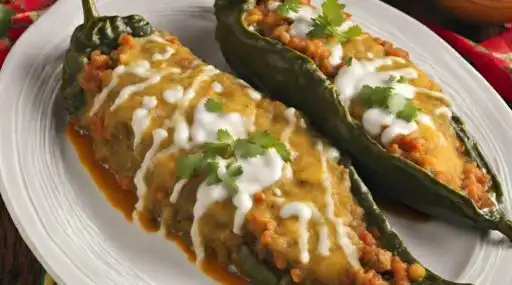
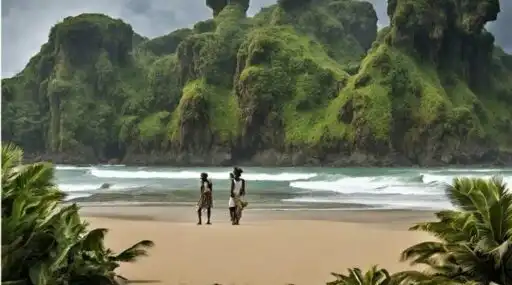
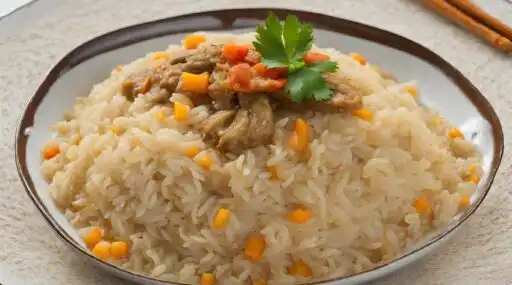
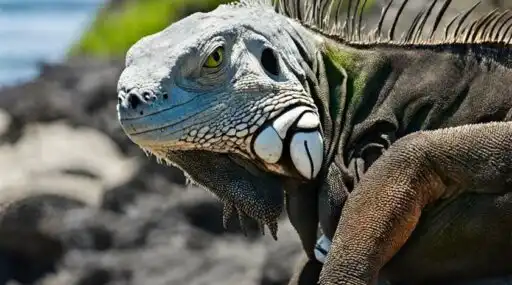
Leave a Reply